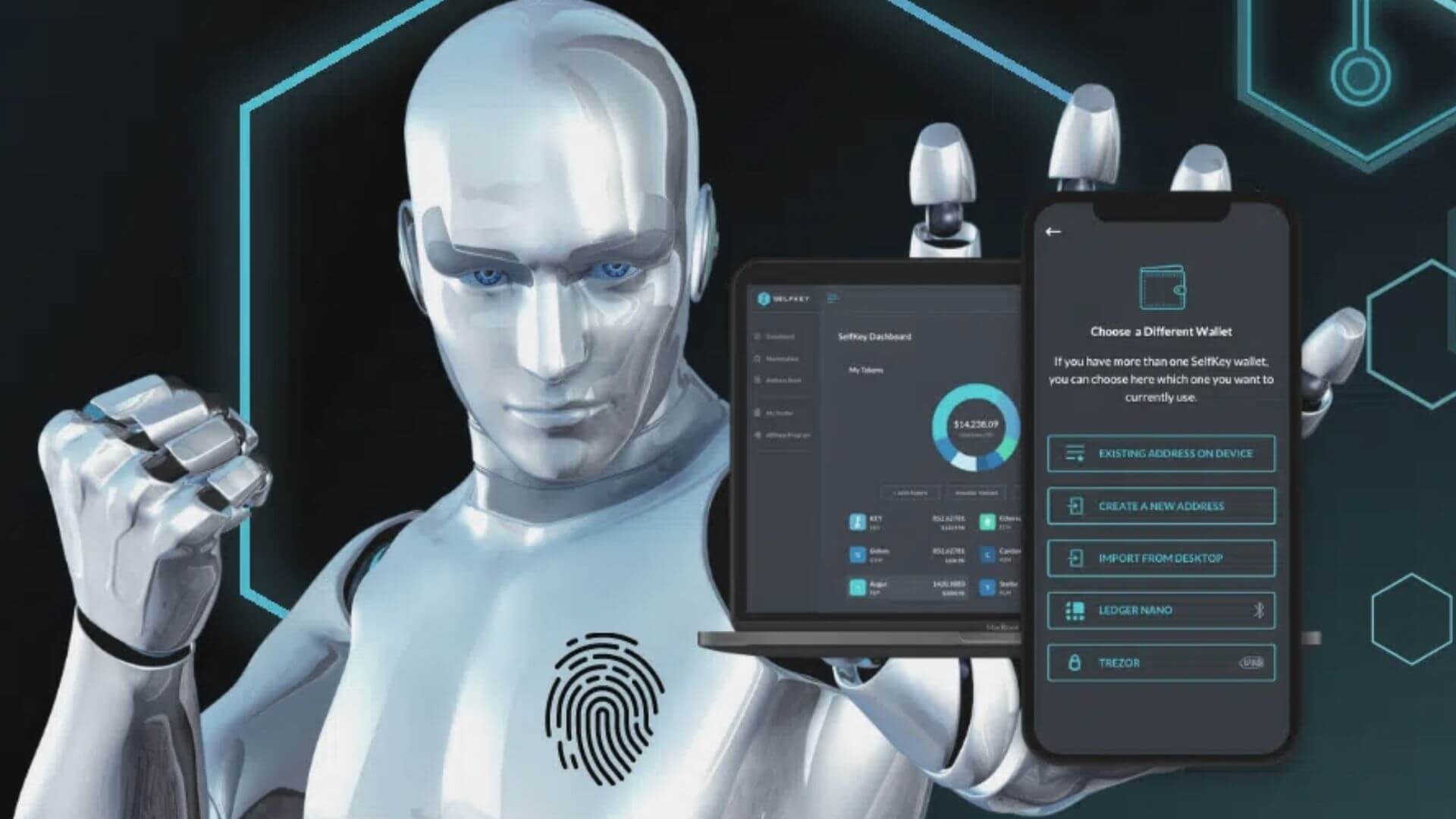The demand for trustworthy and secure identity verification grows as the volume and complexity of online transactions continue to rise. Due to the surge in identity fraud, conventional means of confirming identities, such as requesting identification documents and personal information, are becoming less effective.
Fortunately, improvements in artificial intelligence (AI) technology have produced identity verification solutions powered by AI that are more secure and successful at thwarting fraud.
AI-powered identity verification solutions
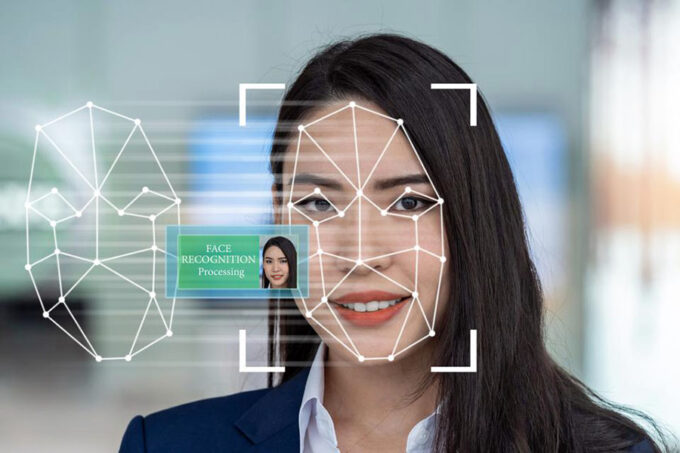
A fast-expanding sector, AI-powered identity verification systems use the capabilities of artificial intelligence to offer more quick and accurate ways to confirm people’s identities. These solutions utilize cutting-edge algorithms and machine learning methods to examine several types of data, including biometric data, behavioral patterns, and other identifying variables, in order to precisely authenticate an individual’s identification.
The ability to be tailored to the unique requirements of various businesses and industries is one of the main advantages of AI-powered online id verification solutions. For instance, because their transactions are so sensitive, banking institutions might need to use more thorough identity verification procedures. To reduce the risk of fraud and enhance the customer experience, e-commerce companies may need to concentrate on promptly and accurately authenticating a customer’s identification.
AI-powered identity verification solutions can be divided into different categories based on the types of data they analyze and the techniques they use to verify identities.
Benefits of AI-powered identity verification solutions
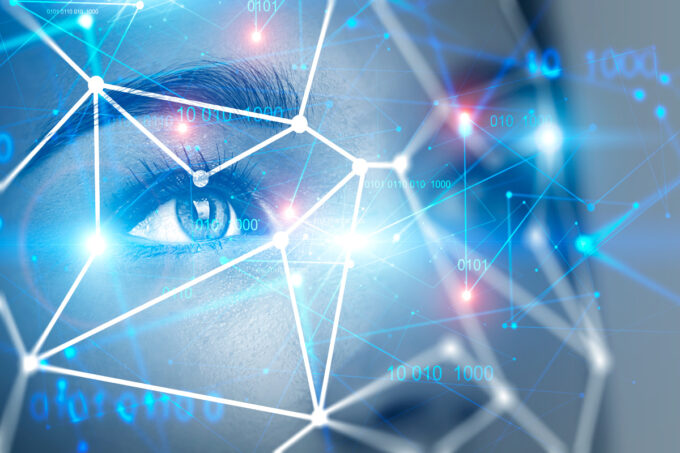
The capacity to provide faster and more accurate identity verification is one of the key advantages of AI-powered identity verification solutions. Customers could be asked to present various forms of identification with traditional identity verification techniques, which can be time-consuming and lead to a bad user experience. Identity verification processes are accelerated and simplified by AI technology. Customer satisfaction increases as a result of the improved user experience and customer journey.
These options provide a safer, quicker, and more affordable method of confirming identities while also enhancing the user experience and lowering the risk of fraud. The demand for AI-powered identity verification solutions will only increase as businesses continue to embrace digital transformation and shift more of their transactions online. By utilizing AI technology, businesses may provide clients with a safer and more effective way to complete transactions online, fostering customer trust and loyalty in the digital age.
AI-powered identity verification services are not only quicker and more precise but also safer. Fraudsters with access to stolen personal information can simply exploit traditional methods of identity verification. In contrast, AI-powered systems examine data and look for trends that can point to fraud using machine learning algorithms. Fraudsters will find it considerably more difficult as a result to properly navigate the identity verification process.
Challenges of AI-powered identity verification solutions
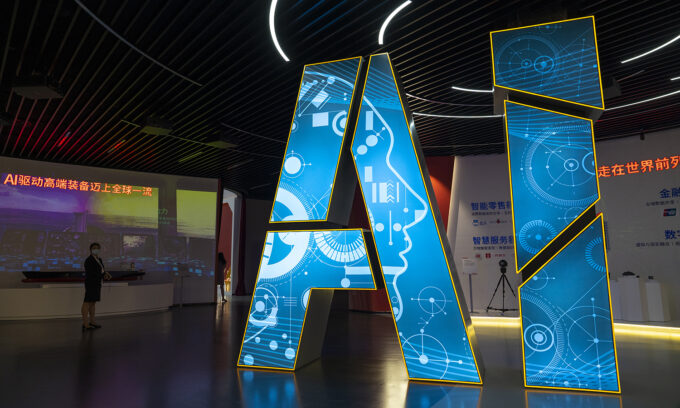
Despite all the benefits that AI-powered identity verification systems could offer, there are a number of challenges that companies must take into account before using these solutions. Some of the main issues with identity verification tools powered by AI are listed below:
- Bias and accuracy: The data that AI systems are educated on determines how good they are, and biased or inadequate data might produce unreliable results. Bias can lead to inaccurate identification or the exclusion of specific groups of people, which can be especially troublesome in identity verification.
- Privacy concerns: Concerns about privacy could result from the use of biometric information in identification verification. People can be hesitant to share their biometric information since there is a possibility that it will be exposed in a data breach.
- False positives and false negatives: Artificial intelligence (AI) may cause false positives or false negatives in identity verification solutions, which may prevent access for legitimate consumers or reveal fraud.
- Ongoing maintenance: Solutions for identity verification powered by AI need constant upkeep to keep them reliable and efficient. This may involve spending time and money updating algorithms and training data.
- Integration with existing systems: If a company’s existing systems are incompatible with AI-powered identity verification solutions, implementing them can be difficult. Additional technology and training spending may be necessary for this.
Despite the benefits of AI-powered identity verification technologies, implementation still presents significant difficulties. The incapacity of AI technology to take into account contextual circumstances that could affect identity verification is one of its key drawbacks. For instance, aging or other conditions may cause a person’s appearance to alter, which could produce inaccurate verification results. The possibility of bias in the identity verification algorithms presents another difficulty. This might lead to prejudice towards some people, especially those from disadvantaged groups.
Future of AI-powered identity verification
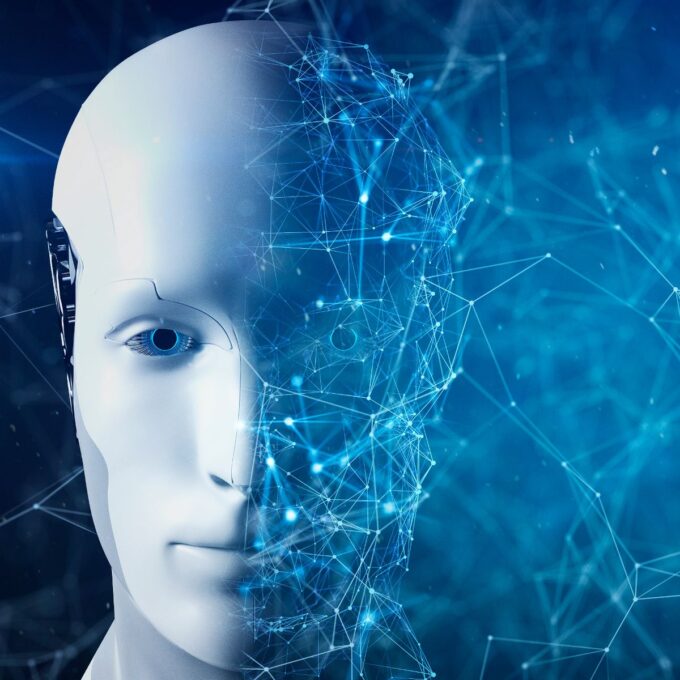
It is crucial to include human monitoring and intervention in the identity verification process in order to overcome these difficulties. To ensure that judgments are made fairly and accurately, AI-powered identity verification solutions should be utilized in conjunction with human expertise. This will guarantee that the solutions are morally sound in addition to being successful and efficient.
Solutions for identity verification powered by AI have a promising future. The accuracy and speed of identification verification are both continuously improving thanks to developments in AI technology. To further improve the security of identity verification, new AI-powered systems are emerging that combine extra elements like behavioral biometrics. The adoption of AI-powered identity verification will increase in the future, making online transactions more effective and secure.
Identity verification software driven by AI is a promising advancement in the battle against fraud. They provide a quicker, more precise, and more secure method of confirming identities, which enhances consumer satisfaction and lowers the chance of fraud. Businesses must adopt AI-powered identity verification solutions as online transactions increase if they want to protect the identities of their customers.

It is impossible to overestimate the advantages of identity verification systems powered by AI. They enhance user experience while giving businesses a simple and safe means to confirm the identity of their clients. We may anticipate seeing even more ground-breaking solutions that will aid in the battle against fraud and enhance the security of online transactions as AI technology continues to advance.
In conclusion, AI-powered identity verification solutions are a powerful tool for preventing fraud in online transactions. They accurately confirm a person’s identity by analyzing biometric data and other criteria using machine learning algorithms. These solutions are crucial for companies that wish to protect the identities of their consumers since they are quicker, more precise, and more secure than conventional identity verification techniques. We can anticipate seeing even more ground-breaking solutions that will improve the efficiency and security of online transactions as AI technology develops.

